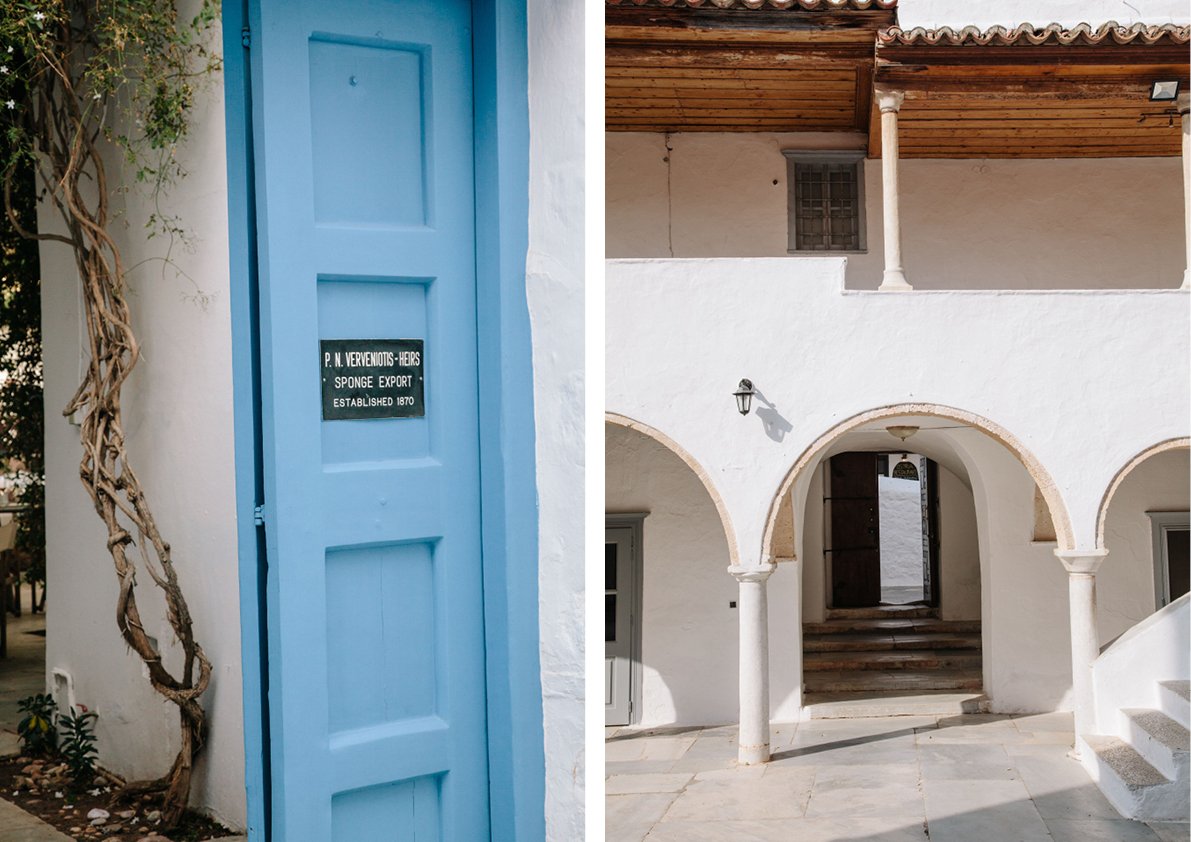
Kate Friend gives into the slow pace of life on the island of Hydra...
Hemingway wrote standing up, at dawn, in a pair of oversized loafers. Agatha Christie wrote in the bath. Kerouac stood on his head in the bathroom each day. Angelou rented a hotel room to write in, beginning each morning at 06.30 and not moving from the bed until lunchtime.
Writers and artists have their superstitions: rituals provide rhythm to the creative process. Getting the brain into the ideal state of stimulation and distraction to create is an art in itself. Hydra, the laid back Greek Island famous as a creative hang out, has provided just the right balance of distraction, relaxation and daily ritual to inspire artists Miller, Cohen, Ginsberg et al - forover 60 years.

We come because Hydra has what we're looking for: a beautiful harbour, not too big, with local supermarkets, tavernas and good coffee. White washed houses spreading up over the hills behind the water, reached by foot or donkey over flagstones polished smooth by the footsteps of generations. No cars. The clearest, brightest, bluest water. No beaches instead, rocky coves reached by boat or by foot where the only way to swim is to dive in, never wade, and swim out as far as you dare whilst your towel warms on the hot rocks behind. Gentle, kind people. Laughter. Warmth. Warm colours. Smells of oregano, thyme, saltwater, horses. A waterside taverna or two, just the right amount of lazy walking from the dock to warrant a long, winey, oily lunch.
On arriving, we quickly establish a ritual of our own. Down to the harbour at sunrise, to see the fishermen come in and nab pastries still warm from a night's baking. Coffee, in one of the harbour cafs, surrounded by the low hum of local gossip and slow burning cigarettes. Then up over the hill on the coastal path to discover our beach for the morning we hunt for just the right balance of sun and shade to please us all.

There is nowhere on earth I have found with better swimming than Greece. The water is cool, crystal, sparkling, whether you come in April or October. Salty waves buoy you up as you float, ears beneath the surface, sunlight blazing against closed eyelids. However long you swim 5 minutes or a mile it's always too short, and you get out wishing you could swim for days.
Each arriving boat heralds a landlubbing welcoming committee: cats in line for scraps from the fishermen, seagulls circling for leftover bait, donkeys waiting patiently to take luggage, machinery parts, new fridge freezers and bulk buys of laundry powder away and up the hills. This ripple effect punctuates the day and becomes the island's own creative ritual: a sing song of sounds and rhythms that keep things here lively, leisurely and buoyant.

Hydra's fame as a 60s hangout brings artists and musicians in droves, yet somehow the island copes and absorbs the tourists and day-trippers that inevitably follow. Never does it feel brash, burdened or broken. Luxury yachts, with names like Blue Princess, Day Off, Gladiator, and my favourite Panic, nestle comfortably in the dock next to tiny fishing boats: the Greek equivalent of the oxpecker and the hippo.
The Cohen and Ginsberg era has given way to Koons, Creed and Barney. Hydra has unwittingly become a fixture on the art world's summer map. Amidst it all the island's rituals continue, resilient and oblivious to the hype.

Hydra gives us what we came for a brief breath of open skies and inspiration. In return we find ourselves giving up our expectations, our itineraries and our lists. We let ourselves move with the pattern of Hydra's day, where afternoons melt into evenings, into nights, into dawns. With each swim my body gives up a little more gives in gives. I give up rituals, city routines, habits, and give myself to the water, the weather, the wine.
Hydra has busted my superstitions: I no longer seem to need' much of anything. We write, walk, draw, sleep, talk, liberated, and long to stay.

Words and images by Kate Friend.
Add a comment